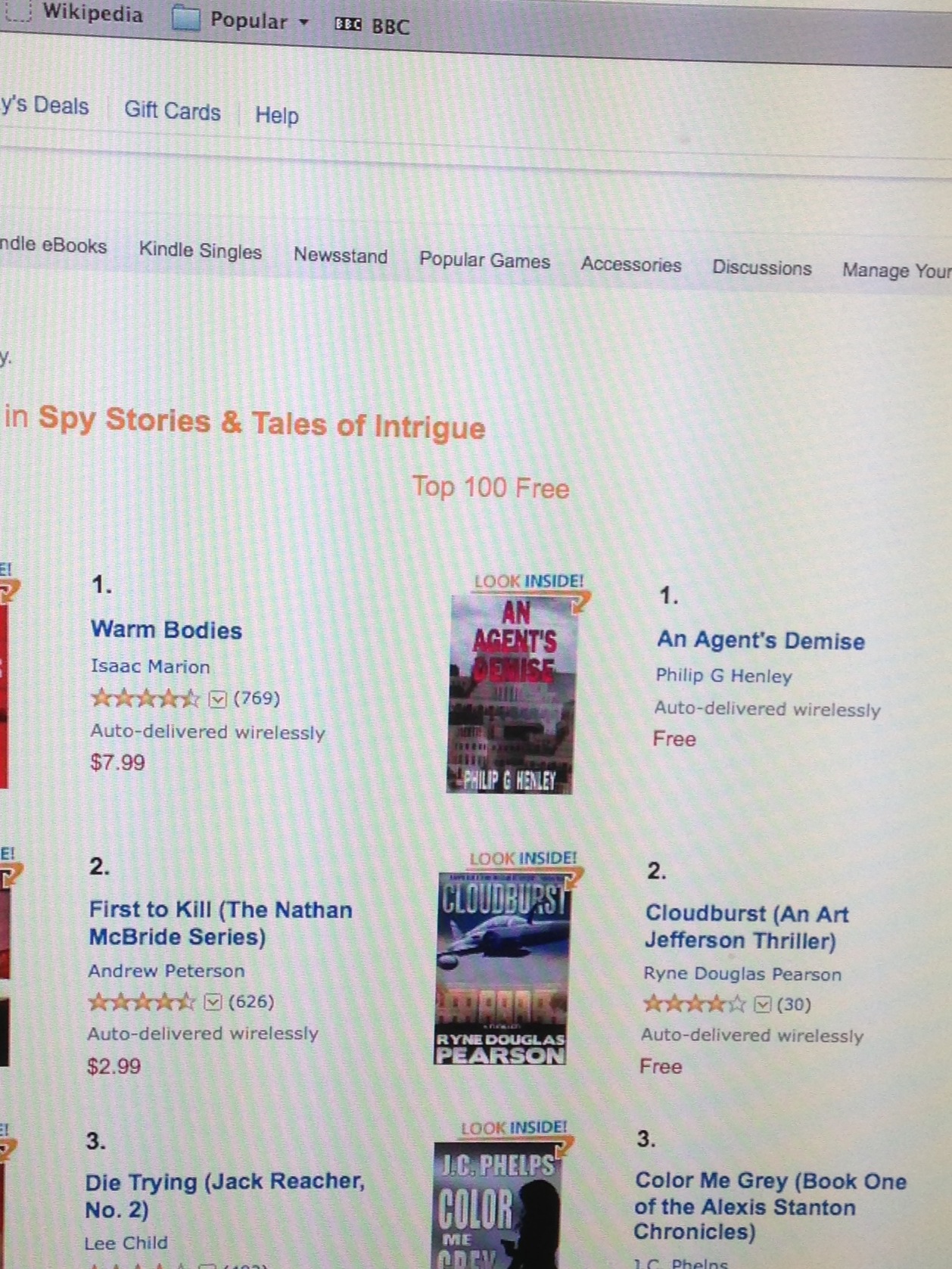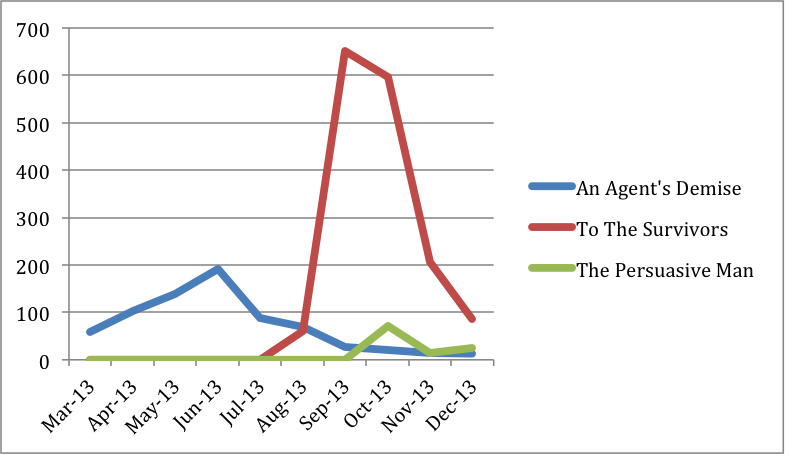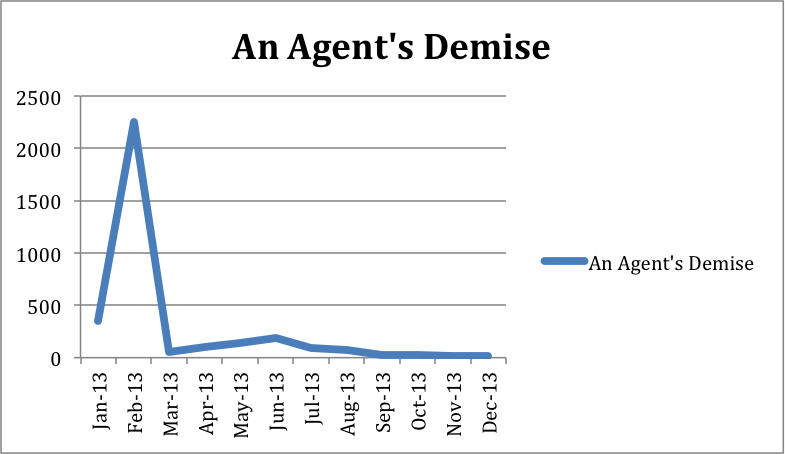Now it’s post election it’s time to reflect on the UK’s Election or what might become known as Theresa May’s disaster.
Some of this is extracted from a Goodreads forum discussion.
First turnout.
- Although pleasing the turnout went up 3% since 2015 we still ended up with only 69% bothering to vote or deciding to vote. i.e. nearly 1/3 of electorate did not care or could not decide.
- 53 to 48% on UK Brexit out on turnout of 72% of which 62% in Scotland voted to remain in EU and 60% in London did the same. EU vote also included Gibraltar
55 to 45% on Scotland to stay in UK on 84.5% of eligible Scottish voters – no one else got a say - 2015 General election 66.4% turnout with wide variation dependent on constituency. The Conservatives won 36% of that which gave them overall majority of 12 seats in House of Commons
May as P.M
IMHO May got exactly what she deserved. 3 unbelievably bad decisions in under 12 months:
- No general election after becoming p.m and failing to seek support across parties for Brexit process after referendum and Cameron’s resignation
- Triggering Brexit process but not having election whilst clearly knowing there was a 2 year timetable
- Changing mind and having election – again this could have been agreed with other parties based on the Brexit timetable – i.e. the alleged reason of a stable government to agree deal on the timeline
If anything proves that May is not fit to be P.M it should be the above – as if her record as an appalling Home Secretary was any justification for making her leader. I think that was the, anyone but Boris Johnson/Michael Gove, vote in action. Luckily I was away for a few weeks of the general election campaign but seldom have I seen such a disastrous rabble as the Conservative attempt – again totally controlled by May’s cohorts, at least some of them have had the dignity to resign. Contrast with Scottish campaign run by Scottish Conservatives 1 MP to 13 is staggering.
Now what – the country will have to carry on with May (or have 4 weeks of leadership election) for a period but expect an autumn election – no party can govern without a more formalised agreement as 2010-15 showed – at least Gov was stable – unlike Lib-Lab pact of 70’s. Despite Progressive Alliance discussion, Labour would need DUP as well as all the other parties to pass any legislation unless they expect Conservatives to vote for their policies – nationalise railways for example?
Labour
Kudos to Corbyn although losing an election is a funny way of claiming victory. The big losers are SNP, but are still the majority in Scotland. My only comment there is if your campaign is entirely based on someone who is not standing i.e. Nicola Sturgeon then don’t be surprised if it gets personal. Ditto for Theresa May but at least she was standing in her constituency. Labour MPs after this election have 10 less than Labour won under Neil Kinnock in 1987. He resigned as it was seen as a disastrous result. Some Labour commentators have managed to mention the fact that Labour lost.
Some realism at last. To win an outright majority Labour need at least another 70 seats. To have a decent majority they need more like another 100. Even with a complete reversal in Scotland (30 back from SNP) a dozen from Wales and no resurgence in Lib Dems, somehow they need another 50 current Conservative seats.
Forecast
If there is another election will Conservatives campaign as badly? Will young turnout (thought to be Labour) be as high will places like Kensington stay with current result. My view:
- Lib Dems will gain again impact on both Labour and Conservative but only small number maybe another 5-8
- Labour will hold more easily in North but lose in South end up same
- Conservatives will regain Southern losts
- SNP will again slip back to Labour but might re-gain Conservative wins.
- Net result – same again but might just give Conservatives 8 seats net gain for overall majority.
I cannot see an alternate candidate for P.M – yes I know people talk about Boris but he does not have enough backing. There is no obvious alternate leader in waiting. I think May will survive for a few months, then again I didn’t expect Cameron to resign and her to become P.M. Let alone to blow the election – I had a bet for 50+ majority. This time I won’t put money on it and a lot can happen between now and then
The BBC’s poll of polls tracker actually showed it. The trend for Labour was up just as it had been for the referendum out vote and the 2015 election Conservative win. What Theresa would give for Cameron’s result now.
Tax
One of the problems of most electorates and the promise of jam tomorrow is misunderstanding how the tax system works and what can really be obtained by raising taxes. The Lib-Dem manifesto was at least partly honest by stating that there needed to be a rise in basic taxation to generate the funds needed for higher spending without just adding to the debt. Remember our UK debt interest payments:
” (paying the interest) the public debt amounted to around £43 billion (which is roughly 3% of GDP or 8% of UK government tax income)”
This is roughly the same as the defence budget 2/3 of education spending and 1/3 of NHS. In other words this is a staggering amount of money, which is growing daily and current spending activity despite austerity is just adding to it. i.e. the governments since 2008 have made this worse.
If we want more money for these areas (or anything else) don’t treat public spending as a never ending credit card. The difficult austerity measures of 2010-15 were designed to stop increasing this borrowing and failed. The Labour party campaigned (somewhat successfully whilst still losing) for an end to austerity but unless tax intake goes up substantially the debt will rise as day to day borrowing increases i.e. we add to the debt.
It doesn’t mater what you borrow for (infrastructure, deficit, pay) it all adds up to debt – a failing of virtually every country in the world. It’s called living beyond our means – although in most of advanced world it is its not paying our bills. i.e. if we paid more tax privately or from business we could pay this off. Relying on GDP increase to increase taxation is not working.
The other issue on tax is the fallacy that higher earners are not paying their fair share. 25% of £100k a year is £25k. 25% of £20k is £4,000 – ignoring allowances and higher payments (First £11k free of tax for both and higher rate coming in at higher salary) the higher rate tax payer already pays £21k a year more for the same services. So the richer members of society (everyone that pays tax) already give subsidies to the lower paid. At the same time many richer members of society do not use those services e.g. private education and private health/social care.
The old tale of the taxpayers should always be born in mind – yes its glib. For 10 taxpayers substitute ten companies with corporation tax
10 drinkers in a bar who decide to settle their £100 weekly beer bill roughly the same way we pay our taxes. So, the first four men (the poorest) paid nothing; the fifth paid £1; the sixth £3; the seventh £7; the eighth £12; the ninth £18; and the 10th man, the richest, paid £59.
Then the barman decided to give them a £20 discount for being good customers. The group wanted to continue to pay the new £80 bill the same way as before. While the first four men still drank for free, the other six divided up the £20 windfall by following the progressive principle of the tax system. So the fifth man, like the first four, now paid nothing, making a 100 per cent saving; the sixth man paid £2 instead of £3 (a 33 per cent saving); the seventh man paid £5 instead of £7 (a 28 per cent saving); the eighth £9 instead of £12 (a 25 per cent saving); and the ninth £14 instead of £18 (a 22 per cent saving). The 10th man paid £49 instead of £59 (a 16 per cent saving).
The men then began to compare their savings. “I only got £1 out of the £20,” declared the sixth man. He pointed to the 10th man, “but he got £10 – the wealthy get all the breaks!” “Wait a minute,” said the first four men, “we didn’t get anything at all. This new system exploits the poor.” So the other nine men surrounded the 10th and beat him up. The next week he didn’t show for drinks, so the nine sat down and had their beers without him. But when they came to pay, they discovered they didn’t have enough money between them to pay even half the bill.
Inflation
Unless we as a society do some fundamental re-thinking of tax income we are in danger of the rich man/company walking away. The amount of money raised by just increasing higher rates of tax is small because there are so few. This is always going to result in less income as the ridiculous 90% tax applied in the 70s demonstrated. The same applies to rich companies – i.e. those that generate sufficient profits or dividends. If the are publicly owned then those dividends turn into investment income for our pensions – yes the senior executives pay themselves extortionate amounts. The richest companies in the world (Apple etc.) employ hundreds of people to move money around to avoid whichever country tries to get more of the income even under a current system. If you make it more expensive for them to trade the directors will be duty bound (and financially incentivised) to try a way to avoid it. Taking their jobs (from Apple store assistants to financial traders) with them.
By the way increasing wages in any organisation increases costs unless there is a corresponding increase in productivity. Cost = goods / services price rise or cost of service for public sector. Thus either price inflation or more tax required issue. Pay seems to come first, productivity a long way behind, if ever. Have we learned nothing from the high inflation and high interest rates of the 70s and 80s. Of course the young have an excuse. They were promised in Labour’s manifesto free University education, higher wages, and the old more spending on welfare and social care. They are the now generation and have grown up with exceptionally low inflation. This is not a Conservative manifesto it is baic economics. We as a population are childish and naive. We want something for nothing. We all want jam tomorrow. The current political situation is a reflection of lack of honesty from politicians of all parties who have failed to address the major issues of national income and national debt. If we want good health care and good social care then it has to be paid for. That means tax not borrowing. The trident row is another good example, Whatever the merits of a nuclear deterrent the cost argument is farcical. Trident cost is £100bn for whole life i.e. less than the cost of one year’s NHS spending.
I sometimes think the entire population is unable to understand basic mathematics in particular what a percentage is i.e. the tax take example above. If we really want to sort out public finances.Institue of Financial Studies produced this in 2015. Suggested reading
- a 1 percentage point rise in all rates of income tax would raise £5.5 billion;
- a 1 percentage point rise in all employee and self-employed National Insurance
- contribution (NIC) rates would raise £4.9 billion;
- a 1 percentage point rise in the main rate of VAT would raise £5.2 billion.











